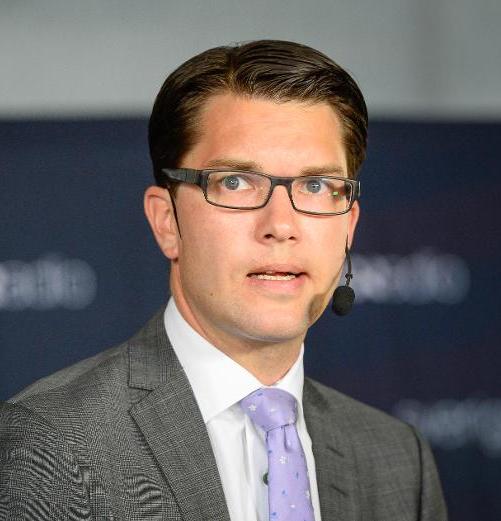Sweden shifts to the left as Social Democrats reclaim power
Sweden’s Social Democrat Leader Stefan Lofven defeated incumbent Prime Minister Fredrik Reinfeldt in parliamentary elections on Sunday, signaling the return of a left-leaning government after eight years in opposition. The shift reflected concerns among the Swedish electorate that Reinfeldt’s pro-market policies have chipped away at the country’s cherished welfare state. Reinfeldt said he would resign as prime minister on Monday and as leader of his party by spring. The anti-immigrant Sweden Democrats more than doubled their votes, to 12.9 per cent, becoming the Nordic country’s third-largest party and striving for a role as “absolute kingmaker” in the legislature. The election set the stage for a bid by the Social Democrats’ leader, 57-year-old Stefan Loefven to form a coalition government with the Greens and the former communist Left Party. Lofven, though, still faces tough negotiations with left-leaning allies over forming a coalition government after failing to secure an absolute majority.
I am ready to start exploring possibilities to form a new government for Sweden.
Stefan Loefvan, Social Democrats leader
With nearly all votes counted, results from Sweden’s election authority showed the Social Democrats won 31.1 per cent of the vote, largely unchanged from the last election in 2010, while Reinfeldt’s Moderate Party slumped to 23.2 per cent, from 30.1 per cent at the last election. Though the two parties won nearly the same amount of votes four years ago, Reinfeldt’s Moderates were then able to cobble together a larger center-right alliance of parties. Reinfeldt’s defeat now is a blow for two of his fellow conservative leaders within the European Union, U.K. Prime Minister David Cameron and German Chancellor Angela Merkel. Reinfeldt was often a reliable ally on the EU stage in advocating for more market-friendly policies and efforts to improve the bloc’s competitiveness.

Europe Lofven